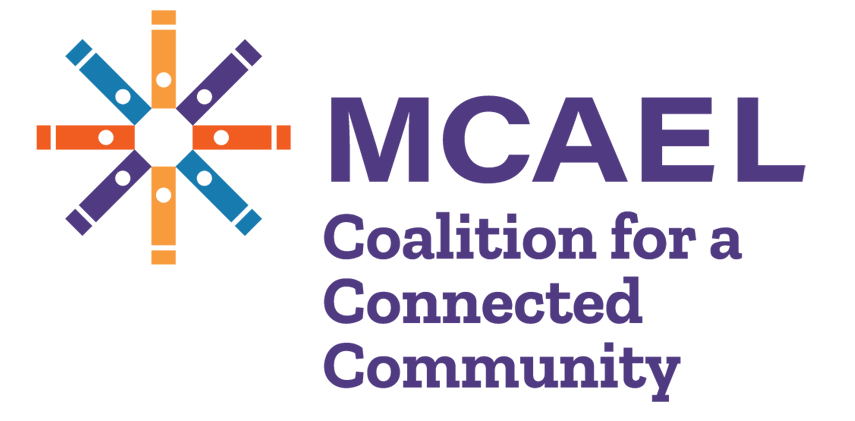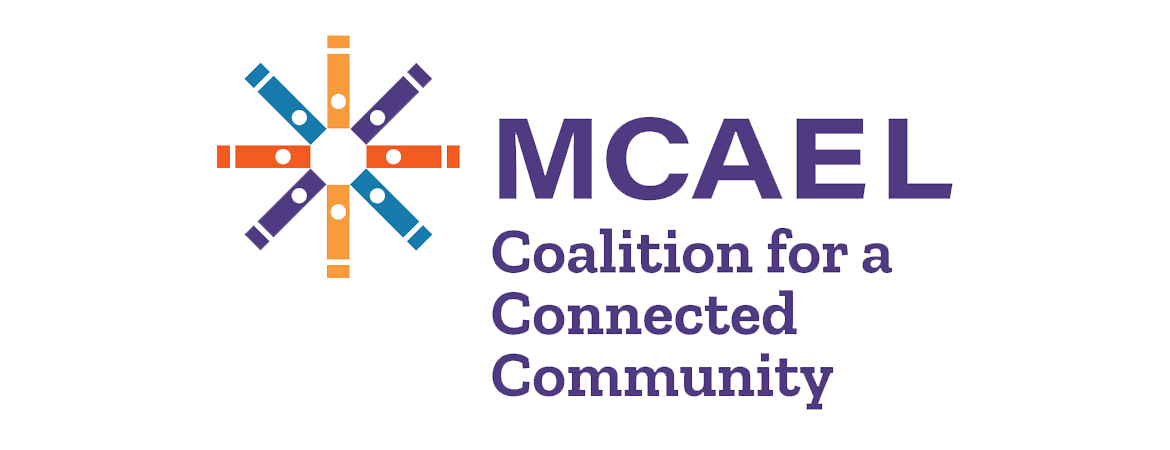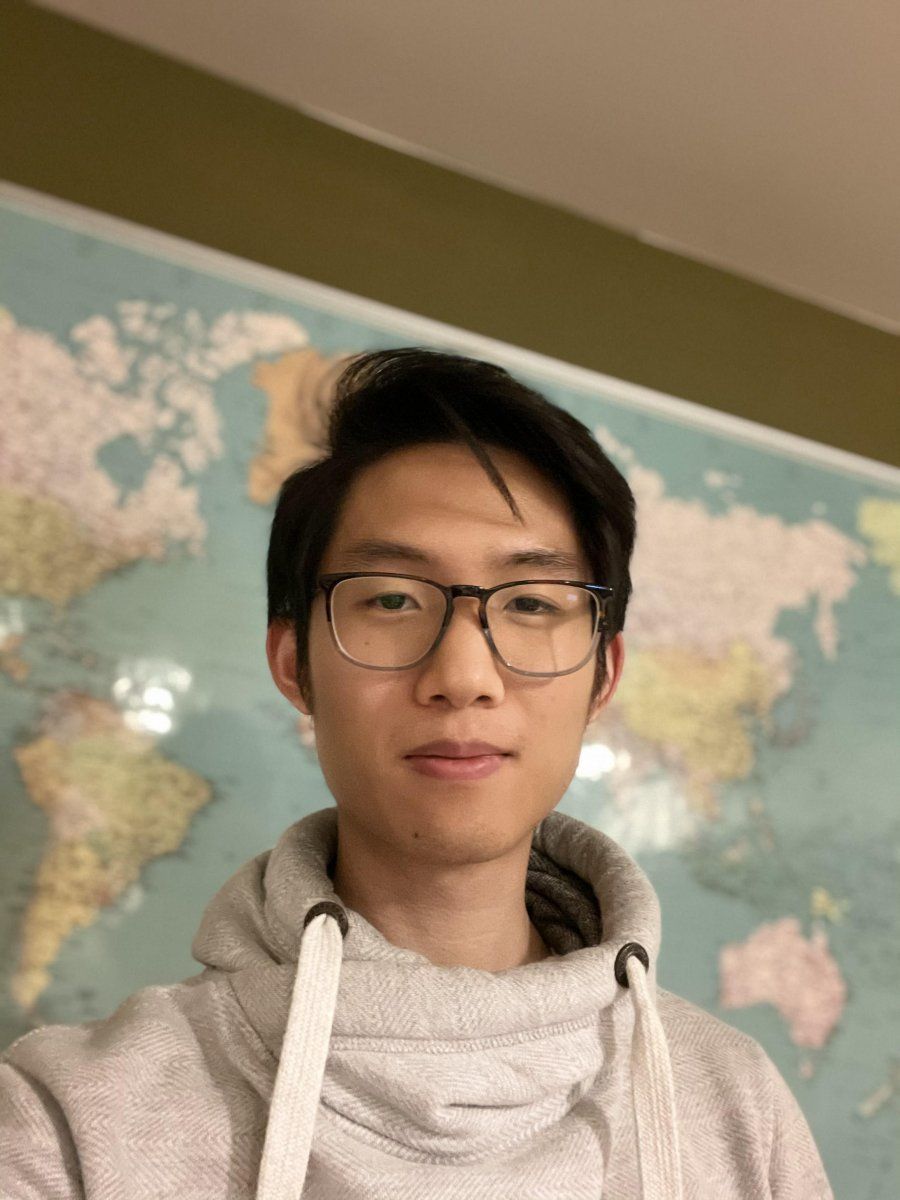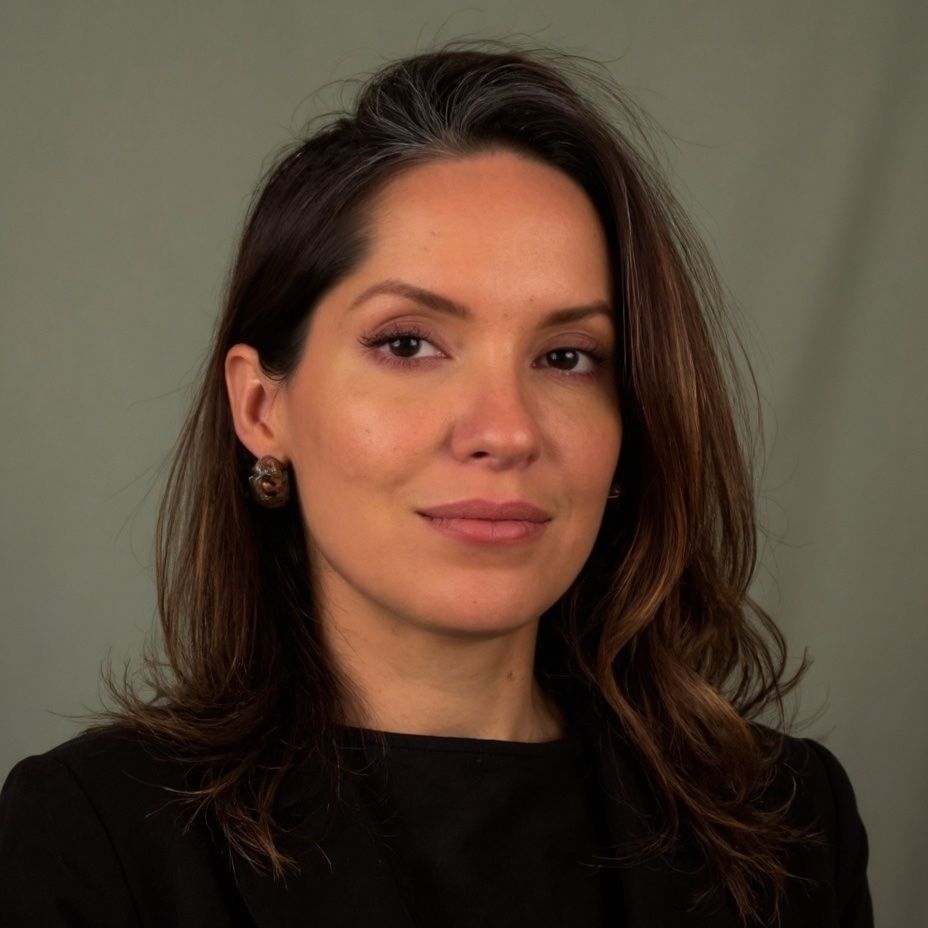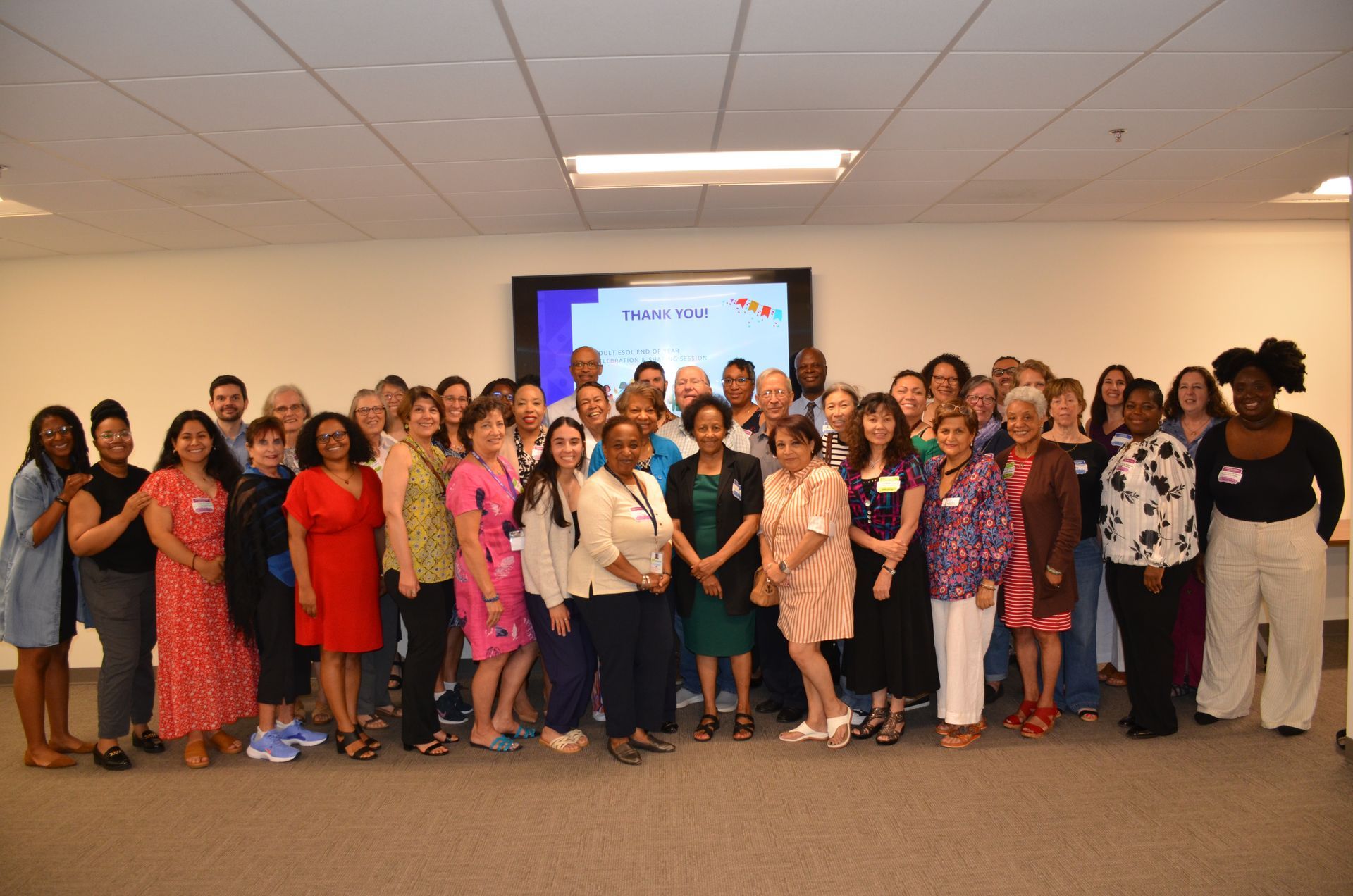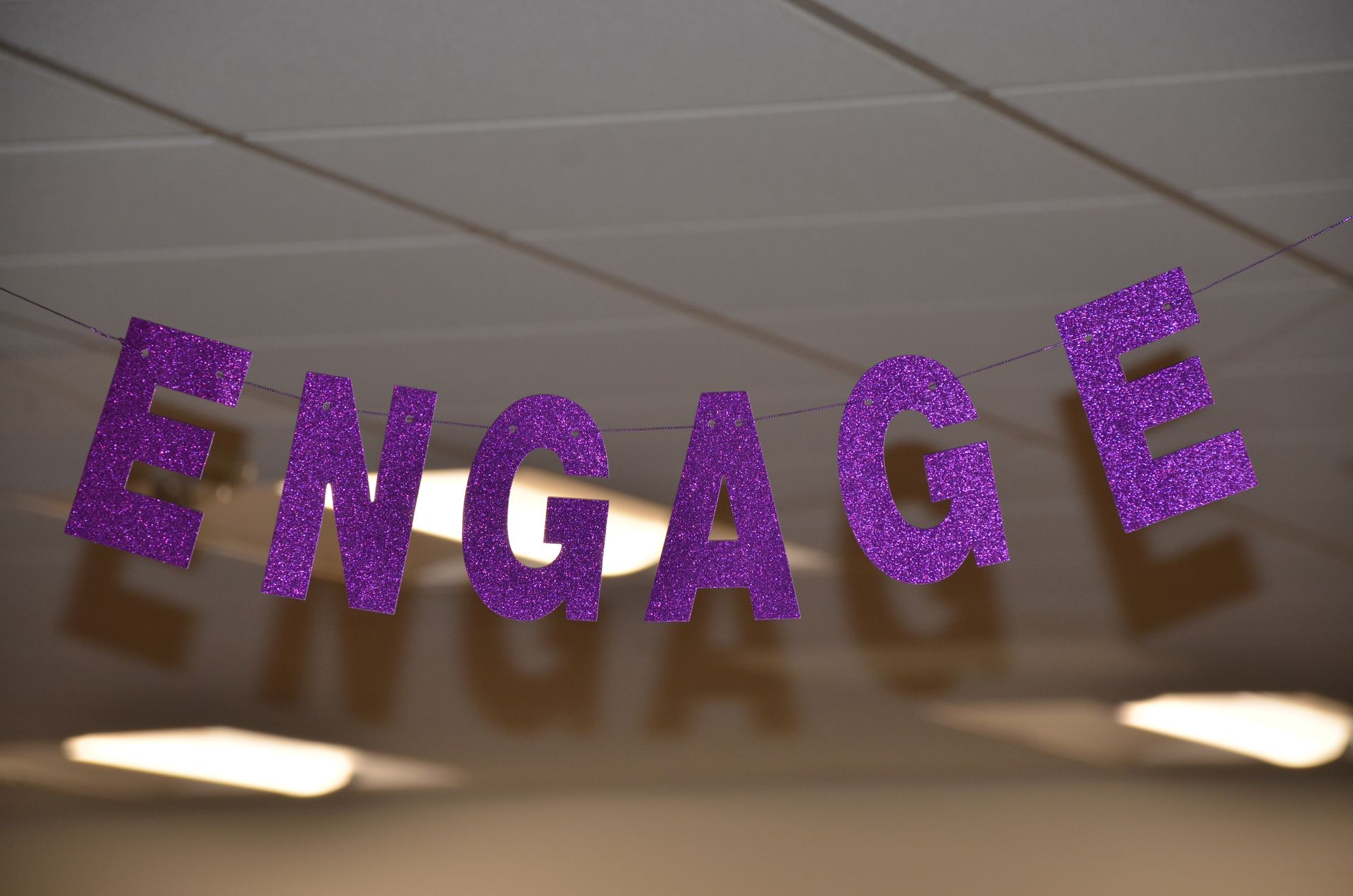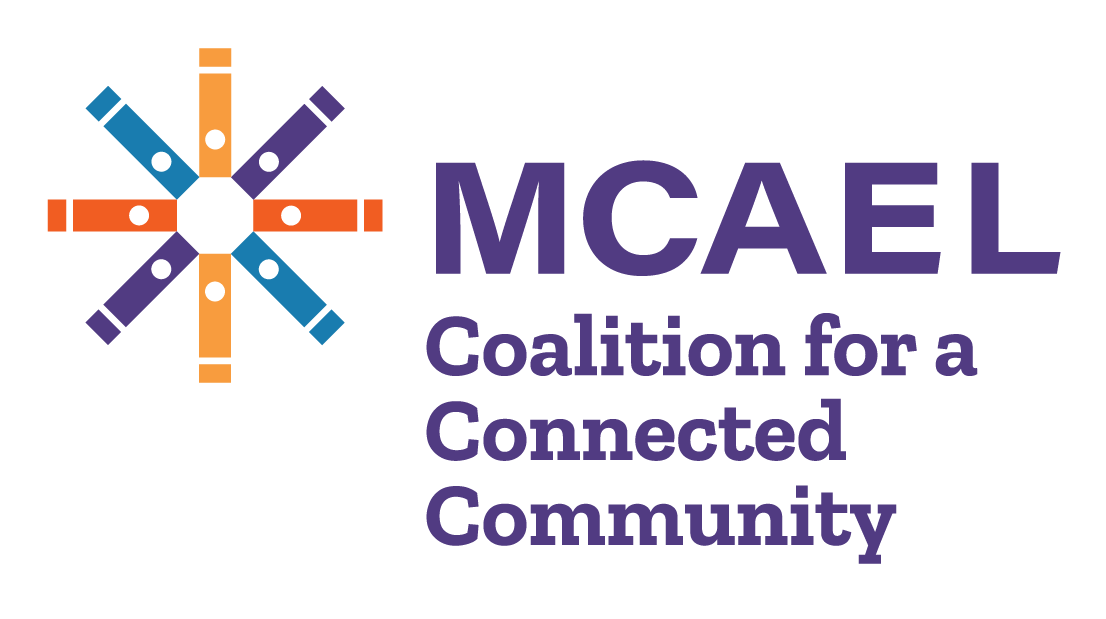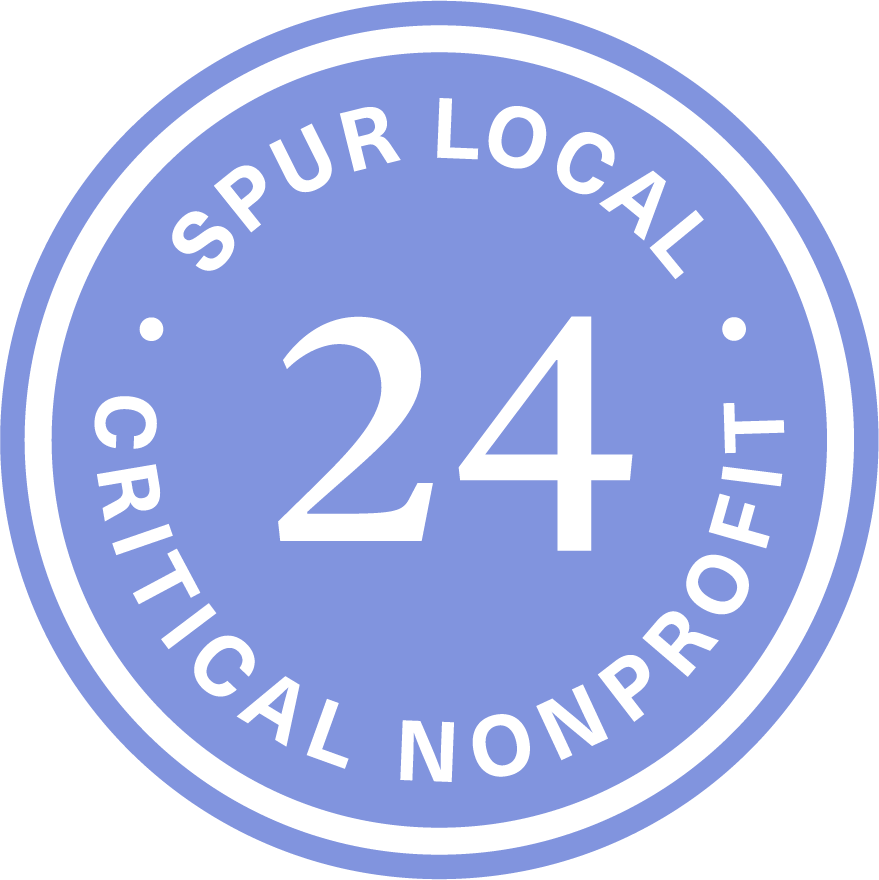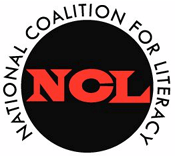Tell us a little bit about yourself and what has inspired you to be a teacher?
I am a volunteer ESL teacher through New Covenant Fellowship Church in Germantown, MD. Growing up, I enjoyed learning different languages in school and at home. I found that languages are invaluable tools to draw experiences, opportunities, history, and thought from the wells of country, culture, and people. As such, I was inspired to help students learn English so that they too can use language to understand others and express themselves.
What are the biggest challenges you face as an ESOL teacher?
The biggest challenge has been remote learning during the pandemic. Attendance gets spotty, and technological literacy tends to be another barrier at the lower levels, adding a layer of difficulty for pacing and collaboration.
What has teaching remotely during a global pandemic taught you?
Teaching through a global pandemic has taught me how to tailor ESL classes to a virtual classroom. This includes making use of Zoom's many features for online learning, as well as how to use technology to augment learning as opposed to letting technological complexity diminish English language content.
What advice would you give to a new ESOL teacher or volunteer?
I found that the more relationships a student builds in class, the more consistently they come out. Rather than a hub and spoke relationship model between teacher and student, it's beneficial to foster environments where students get to know other students beyond names. Setting aside some class time for casual conversations also helps build real-world English speaking skills as well as stronger class bonds. Above all, pray for the students.
What have been your favorite pastimes during COVID-19?
I enjoy reading, playing the piano, and playing the occasional video game. I also enjoy solving online cybersecurity challenges (I work full-time as a Cybersecurity Engineer).
What do you find most rewarding about your work?
The most rewarding things are the relationships forged with and between the students. I enjoy learning about the different cultures and countries of the students. It is also rewarding when the student’s express satisfaction and a sense of accomplishment regarding their improvement in English. Before COVID, the church would hold potlucks for the ESL program, and I was able to enjoy one of the greatest aspects of a given culture: food. I hope to enjoy this once again when things return to normalcy, as it too was quite rewarding.
What is something you learned about your students during this remote teaching period?
I learned that 3 of my students have 4 children! I learned that some students in construction worked on buildings and infrastructure that I've passed by while driving around the county. I learned that one likes to dance, another started a cooking channel on YouTube, and another is trying to get their dog to be a social media influencer. While I also learned about some unfortunate circumstances, it's been a joy learning about each other's lives.
